
Frontline avelumab plus best supportive care as maintenance showed an improvement in overall survival vs best supportive care alone in patients with advanced urothelial cancer treated after chemotherapy.

Your AI-Trained Oncology Knowledge Connection!


Frontline avelumab plus best supportive care as maintenance showed an improvement in overall survival vs best supportive care alone in patients with advanced urothelial cancer treated after chemotherapy.
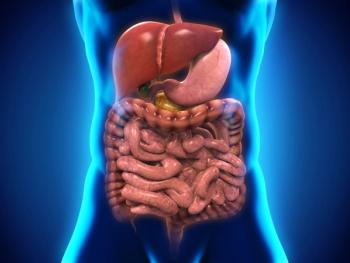
Patients saw an improvement in overall survival when given fam-trastuzumab deruxtecan-nxki to treat HER2-positive gastric cancer or gastroesophageal junction adenocarcinoma.
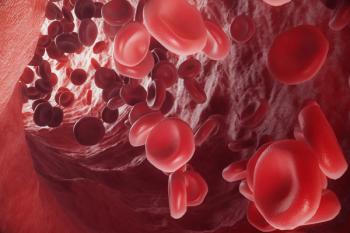
Patients with cytopenic myelofibrosis produced a tolerable safety profile when receiving treatment with pacritinib.
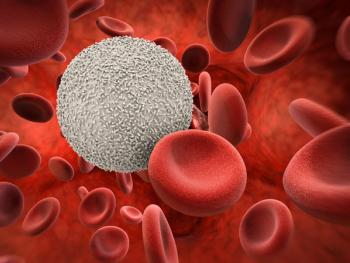
Patients with relapsed/refractory multiple myeloma continue to experience robust and durable benefit from treatment with ciltacabtagene autoleucel.

Patients with low-risk myelodysplastic syndrome saw more durable responses and higher tolerability when taking luspatercept-aamt compared with the placebo.

The ZUMA-7 trial demonstrated an event-free survival improvement in patients with relapsed or refractory large B-cell lymphoma treated with axicabtagene ciloleucel.

Investigators noted that patients with acute myeloid leukemia, acute lymphoblastic leukemia, and myelodysplastic syndrome who were diagnosed with COVID-19 were more likely to experience COVID-19 mortality vs non-cancer patients.

Orca-T improved efficacy outcomes over standard of care therapy for patients with serious hematologic malignancies.
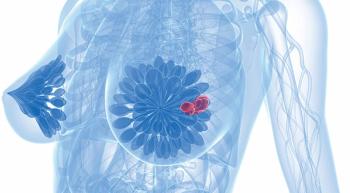
Results of a phase 3 trial presented at 2021 SABCS indicated that entinostat plus exemestane improved progression-free survival for Chinese patients with advanced hormone receptor–positive breast cancer vs placebo.

Elacestrant significantly improved progression-free survival in estrogen receptor–positive HER2-negative metastatic breast cancer.
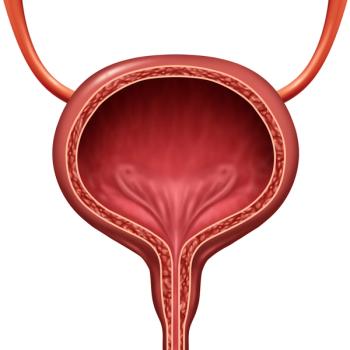
Patients with Bacillus-Calmette Guérin–unresponsive non–muscle invasive bladder cancer experienced promising responses to treatment with of durvalumab and Vicineum, which was also well tolerated.

Adavosertib demonstrated a 65% risk reduction in disease progression and death for patients with TP53-/RAS-mutant metastatic colorectal cancer following first-line chemotherapy.

Patients with stage II to IIIA non–small cell lung cancer experienced an improvement in disease-free survival and time to locoregional and distant relapse after being treated with adjuvant atezolizumab.

Data presented at 2021 ESMO show that nivolumab plus chemotherapy improves survival outcomes in certain patients with frontline gastrointestinal cancers, but not nivolumab plus ipilimumab.

Patients with HER2-mutated non–small cell lung cancer derived robust and long-lasting responses from fam-trastuzumab deruxtecan-nxki.
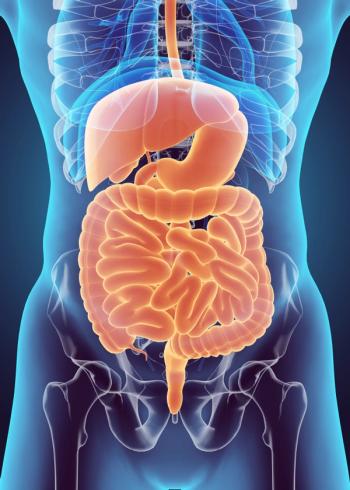
Updated results of DESTINY-Gastric02 trial show antitumor response with trastuzumab deruxtecan in patients with in certain patients with HER2-positive gastric/gastroesophageal junction.

An analysis of patients with prostate cancer treated with immune checkpoint blockade indicated that microsatellite instability and mismatch repair may be indicative of response.

Although the addition of carboplatin to neoadjuvant paclitaxel followed by cyclophosphamide helped to improve outcomes for those with treatment-naïve triple-negative breast cancer, the addition of veliparib did not have an impact on pathologic complete response or event-free survival.

Patients with previously treated chronic lymphocytic leukemia and small lymphocytic lymphoma appeared to benefit from treatment with pirtobrutinib.

Patients with relapsed/refractory multiple myeloma who were treated with the recommended phase 2 dose of talquetamab experienced positive clinical activity.
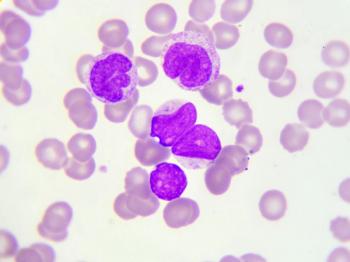
Strong response rates were observed with pirtobrutinib across dose levels to treat patients with chronic lymphocytic leukemia and small lymphocytic lymphoma ion a phase 1/2 study.

The phase 3 POSEIDON trial indicated that patients with metastatic non–small cell lung cancer who were treated with first-line durvalumab and chemotherapy with or without tremelimumab experienced a statistically significant survival benefit.

Previously platinum-treated patients with EGFR exon 20 insertion mutation–positive non–small cell lung cancer saw clinical activity with mobocertinib regardless of prior PD-1/PD-L1 inhibitor history.

CYNK-001, a human placental hematopoietic stem cell–derived natural killer cell infusion, will now be tested in an expanded population following promising results in a phase 1 trial.

Data presented at 2021 ASCO indicated that chimeric antigen receptor therapy with ALLO-501A plus ALLO-647 lymphodepletion showed promise in patients with relapsed/refractory large B-cell lymphoma.

Pimitespib significantly improved progression-free survival while prolonging overall survival compared with placebo to treat patients with advanced gastrointestinal stromal tumor.

Clinical activity of the combination of pertuzumab and trastuzumab in seen in patients with ERBB2/ERBB3 overexpressing uterine cancers.

Nivolumab monotherapy, or in combination with ipilimumab, continued to demonstrate durable improvements in overall survival compared with ipilimumab alone in patients with previously untreated advanced melanoma.

While selumetinib was well-tolerated, it did not drive objective responses.

Patients with pretreated KRAS p.G12C–mutated NSCLC experienced a continued durable clinical benefit with sotorasib.